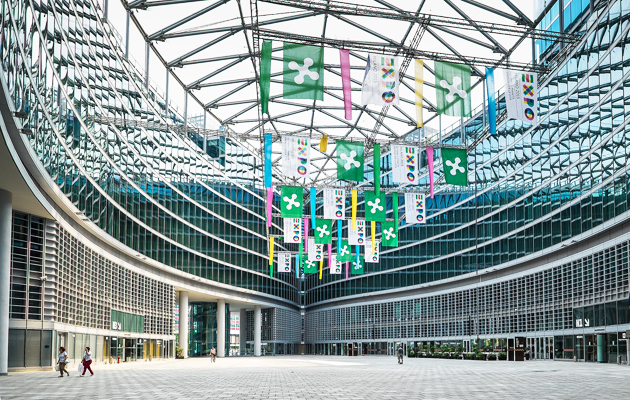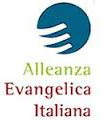Places of worship controversy in Lombardy over a new restrictive law
New churches in northern Italy will need to have large parking sites and a “minimum distance” to other places of worship. Evangelicals fear “damage to freedom of religion” and denounce new rules might be “unconstitutional.”
Evangelici.net · 03 FEBRUARY 2015 · 10:50 CET

Controversy has arisen in Lombardy regarding a new law which regulates the opening of new places of worship in the Region.
The law was approved by the centre-right majority after much deliberation with 43 votes in favour and 27 against. Those in favour say “the aim of the law is not to create restrictions but to introduce greater controls using commonly-shared rules so situations are avoided where individual town councils interpret the law in diametrically-opposed ways”.
Those opposed and the groups concerned say the law means an end to freedom and does not solve the problem of places of worship set up illegally and that complications will arise for those denominations who do keep the law.
CCTV, WIDE ACCESS ROADS, MINIMUM DISTANCE TO OTHER RELIGIOUS BUILDINGS...
Basically, according to the new law, the building of places of worship of any faith will be governed by certain urban restrictions such as the creation of ample parking spaces, “adequately wide” access roads, minimum distances from other places of worship (these will be established by the Regional Council) and further security guidelines such as the installation of CCTV “linked to local police offices or security forces”.
Furthermore, any approval will be subject to obtaining the views of “organizations, local citizen committees, members and representatives of the police forces as well as provincial police-headquarters and the prefecture. This approval will also be further subject to the discretion (though this remains undefined), of those responsible for maintaining the Lombardy landscape and a possible consultative referendum at town council level.
The new proposal is intended to avoid the indiscriminate opening of new places of worship and in particular to control the uncontrolled setting up of new mosques. To avoid any objections of unconstitutionality, the Region, instead of adopting the freedom of worship ethos, has decided to make use of urbanistic legislation, modifying and integrating the 12/2005 law on ‘Government of the Territory’. This tightens the relevant laws, specifically the laws which already bind the opening of new premises to the concession of building permits which require authorization whether building work is carried out or not.
Some modifications adopted to avoid unconstitutionality appeals (already announced, in fact, by opposition parties) have, in the last drafting, placed all religious organizations on the same level including those who already have agreements with the State and that would include, according to some commentators, the Catholic church as well. Those organizations which do not have the same recognition will be subjected to further “preventative and compulsory” controls on behalf of a Regional Board.
The local council will also be able to consult its residents by calling a referendum. The new legislation does not concern existing places of worship and freedom of worship and expression for religious minority groups and associations will only be affected logistically.
Viviana Beccalossi, the regional councillor for territorial affairs, applauds the approval of the law but Jacopo Sandella (head of the Democratic Party Territory Commission) is critical and believes the new proposal will be ineffective. He explains, “It doesn’t change a thing for ‘shady’ cultural centres as, in any case, they will continue to be set up without any controls.”
EVANGELICALS SEE RISKS FOR BELIEVER'S RIGHTS

“If a Region can approve a law under these terms, it obviously means that religious freedom is widely lacking in our country. At AEI we have set up a Commission which is currently studying the text of the law in more detail and the real repercussions that there could be for the ever-growing number of evangelical churches in Lombardy”.
Massimo Aquilante, president of the Federation of Evangelical Churches in Italy (FCEI) is also very critical and talks of “serious damage to democracy, peaceful co-existence and to the most important freedom of all, the freedom of religion and conscience. These are laws which are clearly anti-constitutional and undermine freedom of worship. They discriminate against people belonging to religious faiths outside that of the Catholic church and violate people’s privacy in such a sensitive and delicate matter as their belonging and practising a certain religious faith.”
The Episcopal vicar of the Catholic diocese of Milan, Luca Bressan, advises caution whilst waiting for the definitive text of the law to be gone into. “Given the relevance and delicacy of the subject” he has declared, “it is necessary for this legislation to be arrived at without haste and with consistency, otherwise the effects produced could go much further than originally intended”.
Published in: Evangelical Focus - cities - Places of worship controversy in Lombardy over a new restrictive law
